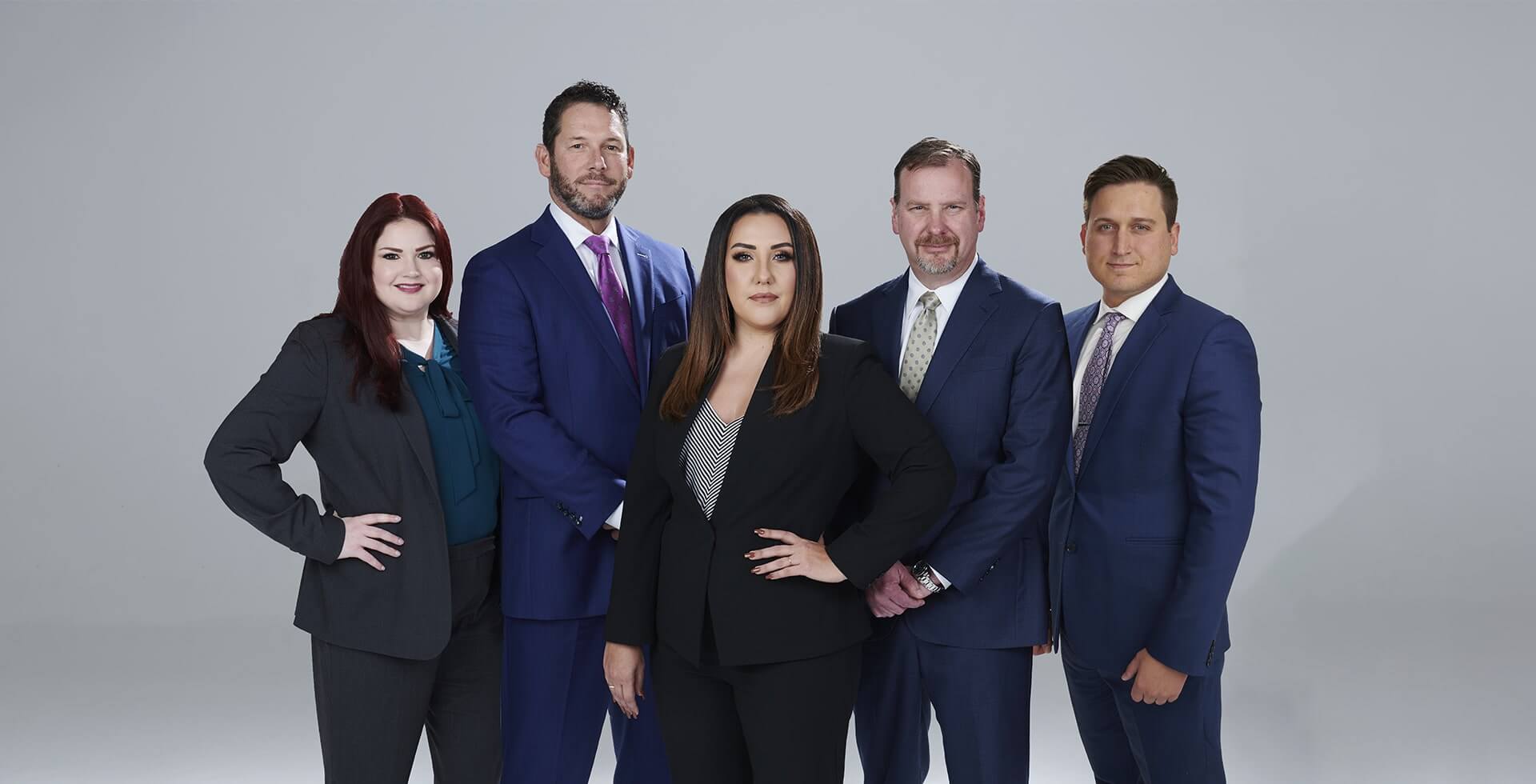
In March 2022, RaDonda Vaught was found guilty of criminally negligent homicide for giving a patient the wrong drug. When she overrode a search function for the hospital’s electronic medication cabinet, she accidentally selected a strong paralytic medication instead of the prescribed sedative. Her patient died as a result.
Similar hospital prescription medication errors have occurred since 2019, but since hospitals aren’t required to report most of these mistakes, there may be many more that happen each year. With the fast-paced and demanding environment in hospitals, nursing and clinical staff are often overworked and fatigued. Misreading patient or drug information can lead to permanent disability or death.
Understanding how hospital prescription medication errors occur can be difficult. It’s not as simple as one person dispensing the wrong amount or type of medication. There can be mistakes made during drug production or in writing instructions for its use. Improper training or software labeling errors can also be to blame.
A medication error is defined as “any preventable event that may lead to inappropriate use of medicines while…in the control of the healthcare provider and patient.” These are mistakes that are avoidable yet result in adverse illnesses for patients.
Medication errors aren’t always considered medical malpractice since these oversights are rarely intentional.
Medication errors are grouped under the more general category of medical errors, which are the third leading cause of death in the United States. Medication errors can arise from events such as:
A more recent risk factor in medication errors is the increased use of medical software. This technology is designed to be a backup for doctors to ensure they diagnose illness and injury correctly by comparing their decision to an algorithm. But as with any software, it can only be as good as its programming.
If information is not entered accurately, issues can arise with patients receiving overdoses or contraindicated medicines. In these situations, the software can’t account for what it doesn’t know. For example, a heart attack patient sent home from the hospital with a prescription for a drug they already take could receive double the dosage and die as a result.
Other problems can arise if the software does not accurately account for differences in gender, age, race, or other aspects. Any of these could drastically alter the required dosage or appropriateness of a prescription. While doctors can use this software as a backup or built-in second opinion, it risks patients’ health as well as physicians’ reputations.
A final concern is that software can be subject to glitches or bugs. Oracle was recently plagued with issues on the release of a hospital records system that risked harming 150 patients by sending their medical orders into an “unknown” queue. If an order for treatment or medication wasn’t correctly connected with the right clinic location, the orders would not be implemented. Patients could have simply not received the treatment they needed, and tracking down the order would have been difficult.
When someone receives the wrong medication and experiences illness or injury, the first job is to return them to good health if possible. Even when healed, the patient and their family deserve to understand what happened and who is to blame. When a patient is permanently stricken, disabled, or dies, their loved ones should seek to know who is liable for the loss.
Hospitals rely on redundant systems to record and track information about each patient’s treatment. Tracing is especially critical for medications to keep the wrong drug from going to the wrong patient. When a mistake is made, the hospital records are valuable in determining where the error occurred. Mistakes can also come from multiple missteps, meaning more than one party may be to blame.
Individuals who may be liable for a medication error include:
A medical malpractice attorney can investigate and gather evidence such as manufacturer records, hospital administration procedures, medical records, and the like to develop an understanding of who bears liability. Some cases may include multiple defendants or rely on similar cases to build a full picture of who is responsible.
When a medication error occurs, patients can suffer additional illnesses or injuries they wouldn’t have experienced otherwise. Families can file a medical malpractice or lawsuit to seek compensation for those costs, as well as pain and suffering. Medical malpractice is often governed differently from other types of cases in most states. These laws set shorter statutes of limitations for filing claims and cap jury awards to limit how much a plaintiff can receive.
Because so many factors are involved in ensuring a patient receives the right care, it can be difficult to identify a single approach to preventing medication errors in hospitals. The “5 Rights” are often cited as one way for nurses to avoid mistakes, ensuring they give the right patient the right drug at the right time in the right dose using the right route (administration method). Although this technique is useful, it doesn’t address the other ways mistakes can happen.
Hospitals must institute strict protocols that are followed closely and must correct failures immediately. These actions include more than just having those guidelines written down. It means they should ensure adequate staff loads and training, so healthcare providers aren’t running on too little rest to attend to too many patients.
Medication manufacturers must be closely monitored for accuracy and safety, and government regulations should outline requirements for drug production and approval. The business of making, selling, and distributing drugs has many moving parts, all of which carry the risk of contributing to a hospital prescription medication error.

When injury victims need a law firm with a reputation for excellence, turn to Graves McLain Injury Lawyers. We are a top-rated personal injury firm determined to be the best. With decades of award-winning representation, our clients recover the compensation they need to put their lives back together.